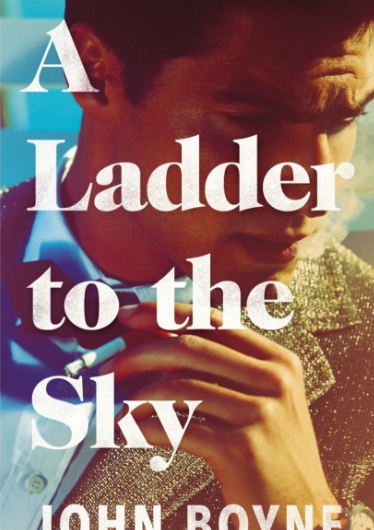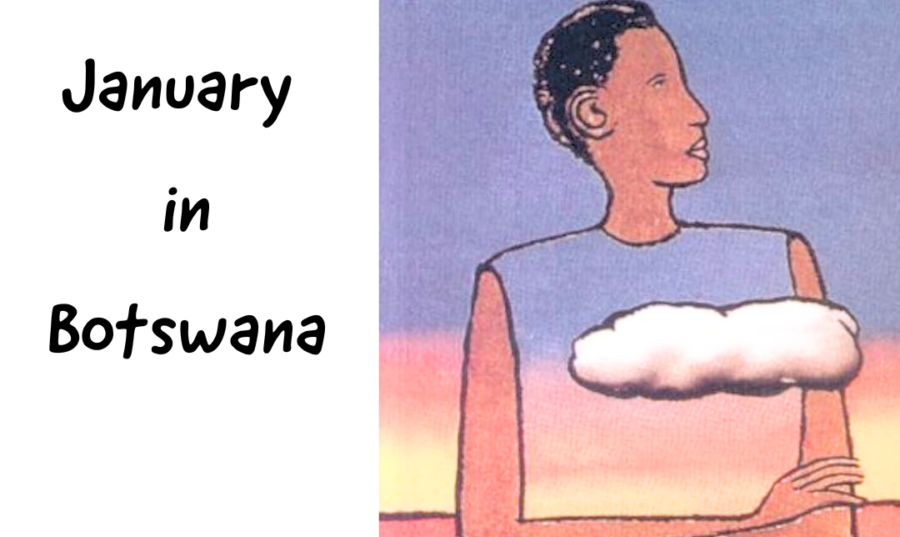What do you do when you are ambitious but don’t have the skills? You steal, of course. You do anything to achieve your goal, and everything including people become the means to an end. That’s what Maurice Swift does in John Boyne’s latest “A Ladder to the Sky.”
We first meet the devastatingly handsome Maurice Swift as a young man when he encounters Erich, an ageing but well-known writer. Erich is irresistibly attracted to the young man and is almost as if he is under a spell when he first sees Maurice who is a waiter at the restaurant when he goes for dinner. Erich gets acquainted and very soon he is enthralled.
“I simply watched him, feeling rejuvenated by the presence of this boy in my life while all the time trying not to think about how painful it would be when he inevitably departed again.”
Erich becomes so besotted that he finds himself revealing things he had long kept hidden even to himself. He dredges out buried muck from his past and shows it all to Maurice who is always taking notes, even during their conversations, in a “pale blue Leuchtturm 1917 with numbered pages and a ribbon band,” that he carries around.
This is one of our first clues to what Maurice is really up to. A few pages in we find out the real purpose behind the jottings – Maurice takes Erich’s story and converts it into a bestselling novel. Shocking yet not shocking. It’s something common enough as history has shown us. Yet, Maurice disturbs us with his repetitiveness. He is like a hunter for golden words, an opportunist who stops at nothing as we find out as the novel progresses.
Maurice is one of the most appallingly intriguing characters I have come across in recent times. He makes it clear from the outset that he has two goals in life – to be a success and to become a father. The two goals sit uncomfortably together in the length of a single sentence but that is what Maurice is about. He makes his audience squirm and he takes great pleasure in their discomfiture. All he cares about is his ladder to the sky and he builds that ladder by making other people’s stories his own.
I cannot go on to describe more of him without intertwining it with the latter half of the book, which would give away some of the deliciousness of the story. For this book is like a slab of dark, bitter chocolate. You devour it with a slight grimace on your face but lick every bit of it in the end because it is satisfying. Especially when you are smug in the comfort of watching other people drawn to Maurice like bees to honey and knowing that you never will be because you know what he really is.
This is where I stopped to ask myself – isn’t there a bit of Maurice in all of us then? Why did I enjoy this ultimately unsettling and darkly disturbing novel so much? It does comment on the politics of prize giving and the publishing world in general. It also reads like a critique of the process of writing itself at times, which was interesting. But my brain was asking for more of Maurice. It was like watching a dramatic soap opera on television – lots of unbelievable and unethical stuff, some of it slightly farfetched but enough to still make your eyes widen and jaw slack.
It’s only in the latter half that the pace of the book slows with the coming of Daniel and the introduction of Maurice’s work at Stori. I wished there was a little more of Maurice that we knew. What was his childhood like, for instance? We never meet his parents or his family and we don’t hear from Maurice in the first person, we don’t get inside his head, until much later.
That said, Maurice continues to engage and intrigue till the end.
“…if your story is not engaging…then it simply won’t work.”
This may not rank as my top favourite among Boyne’s novels but he does make it work. Splendidly.
Thank you to NetGalley and Random House UK for sending me an ARC!
Rating: 4/5
Pic courtesy: Penguin UK



